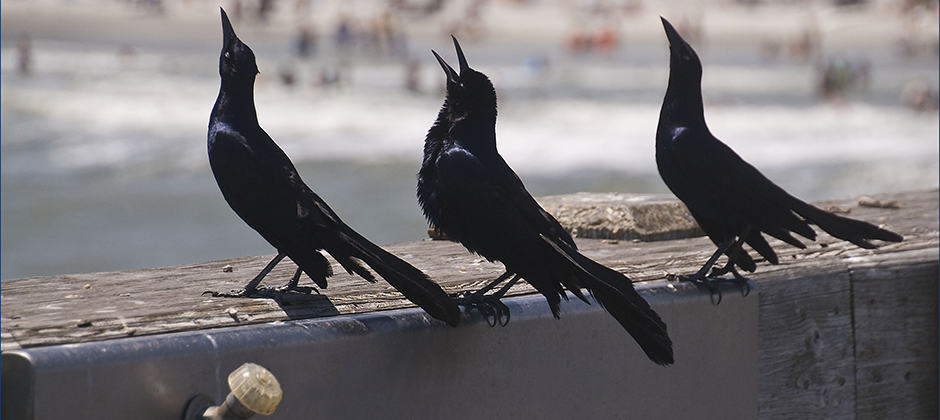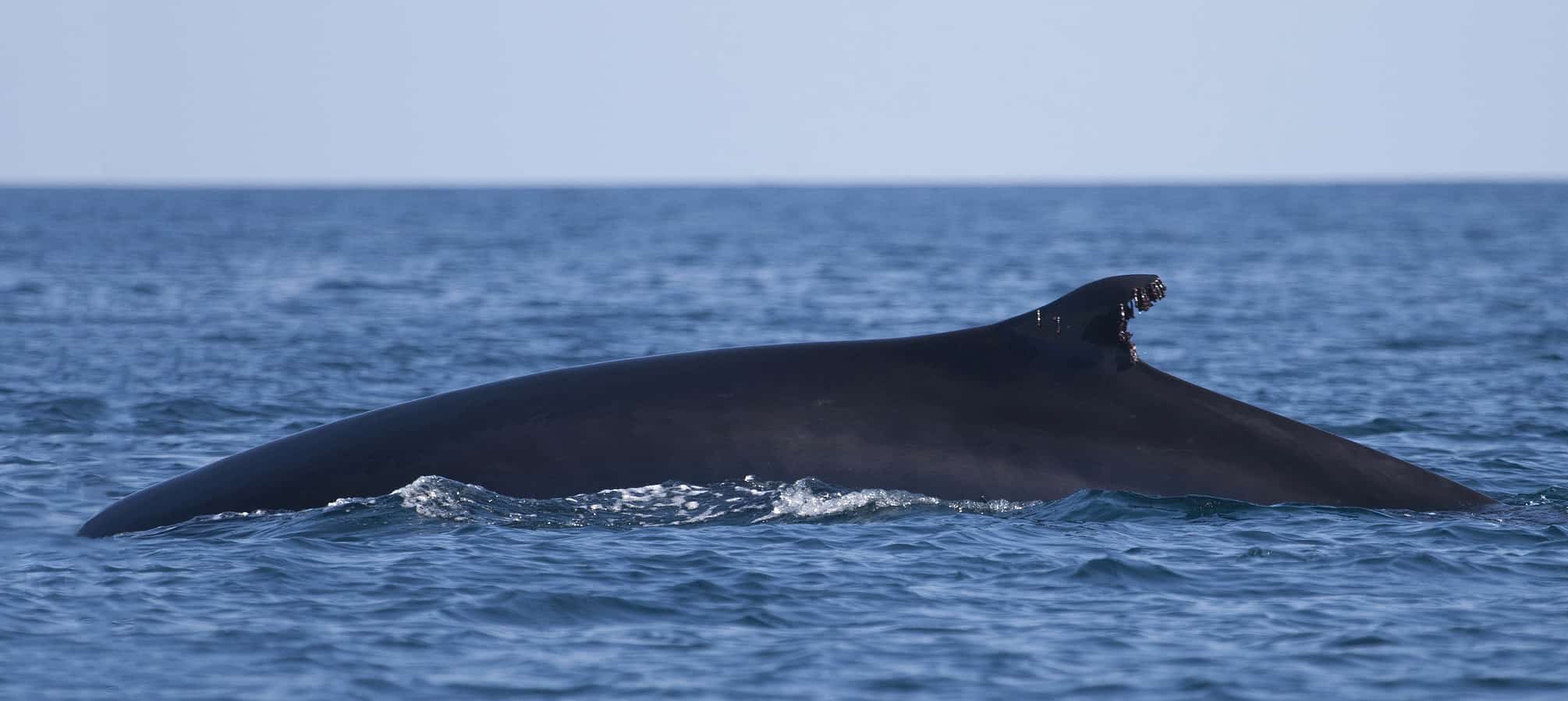- News
-
-
-
-
-
Latest News Articles
- 2024 TWS Elections: Southwest Representative April 25, 2024
- Can these butterflies fill the gap left by their extinct relative? April 25, 2024
- Q&A: TEK and the wildlife profession April 24, 2024
-
-
-
- Wildlife Professional Resources
-
- Our Network
-
- PUBLICATIONS
-
-
Recent Posts
-
 The Wildlife Professional November/December Issue
November 1, 2023
The Wildlife Professional November/December Issue
November 1, 2023
-
-
-
-
-
-
- Wildlife Events
-
-
-
Upcoming Webinars
- No Events
-
-
-
- Who We Are
-
Tag: resident species

April 28, 2020
Urbanization changes birds’ migratory behavior
Warmer temperatures and food resources — from bird feeders to trash cans — in urban areas change the migratory behaviors of bird species, even resulting in more resident populations, according...

February 13, 2019
Satellites show Gulf of California fin whales are residents
Scientists have long known that fin whales (Balaenoptera physalus) in the Gulf of California are unusual. They’re spotted there year-round, while most other whale species migrate. Using satellite data, researchers...

